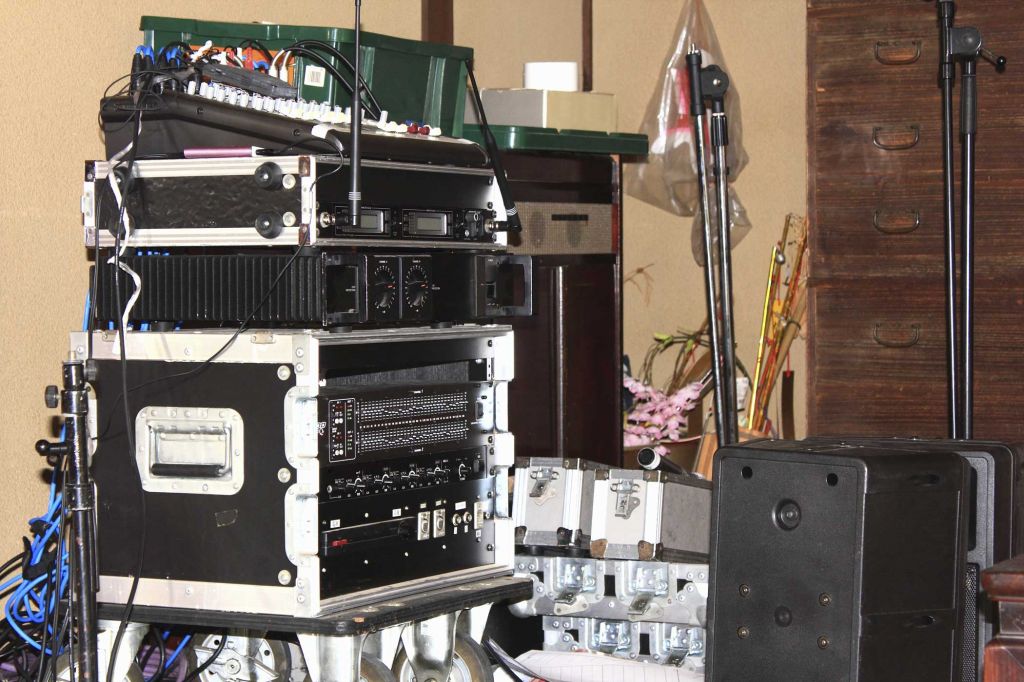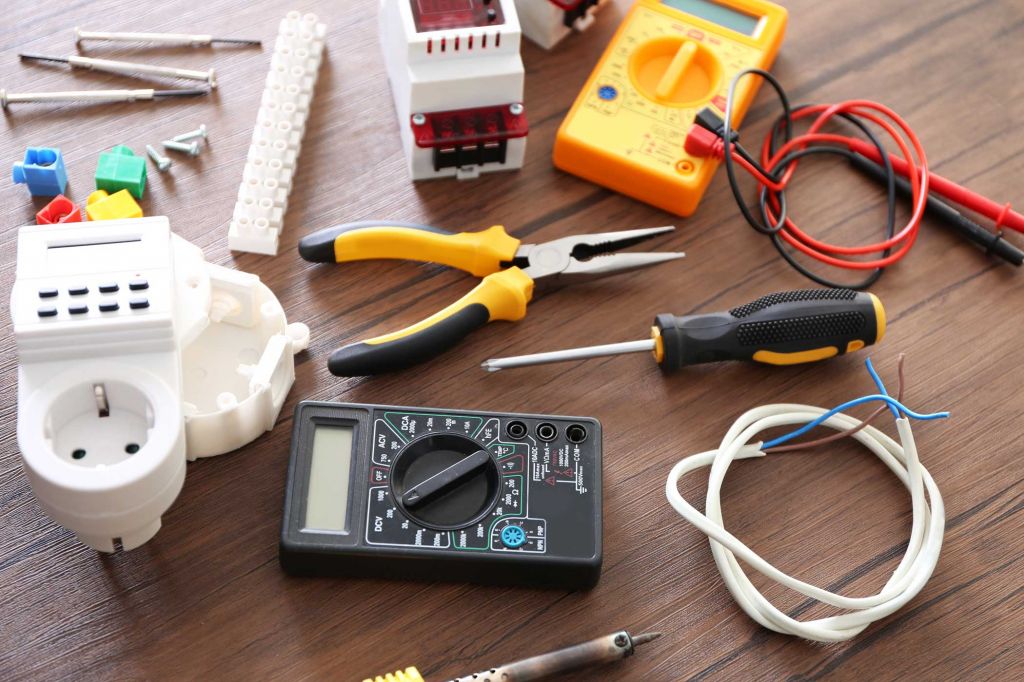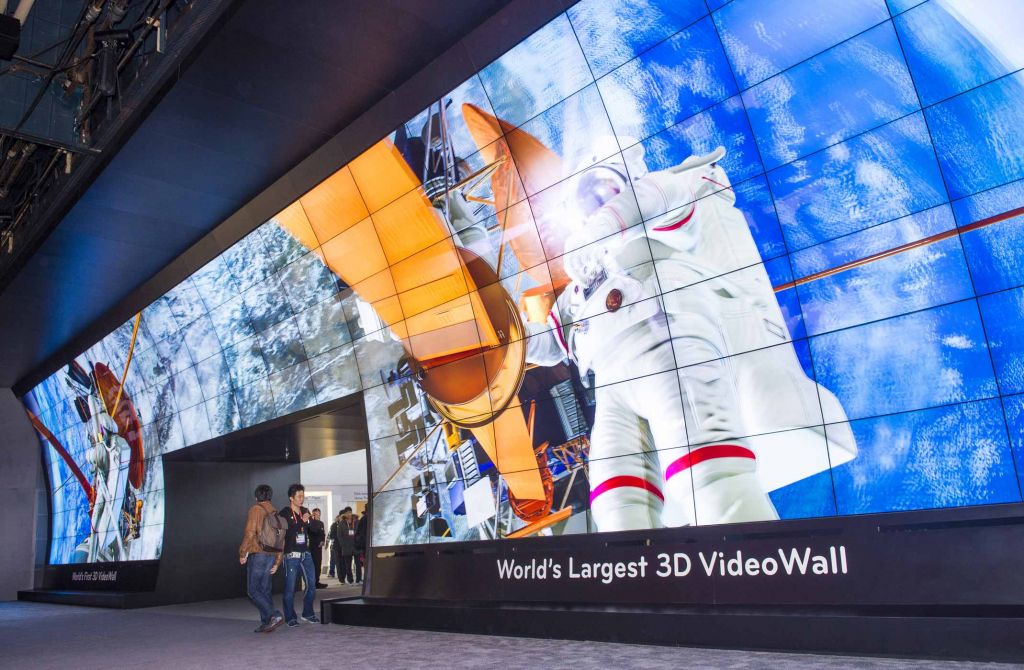Audio Visual Equipment: Types, Functions and Checklist for Events
Events can be a stressful time for AV enthusiasts, especially when you consider how much gear we have to remember before said event. It’s easy for things to get lost or to let certain equipment just slip your mind.
Well, needn’t worry if your biggest fear is that dreaded knot you get in your stomach after you forget something, because we’ve compiled this comprehensive guide to all things audiovisual equipment, including the types, functions and event checklist so you never forget anything ever again.
So, whether you’re a seasoned event professional or you’re about to embark on your first, we’ve got you covered.
Ready? Let’s begin
What is audiovisual equipment?
Before we cover the specifics, let’s go over some basics for anyone who may be new to the AV sphere. AV equipment is devices that include both audio and visual elements. This can include anything that projects, processes or generates audio and visual effects like speakers, monitors or microphones.
Audiovisual equipment in relation to events is anything that can be used for visual and audio reasons in large or small scale AV events. Most events will need audiovisual equipment for entertainment and production value as strong visuals and audio can have a large positive influence on the overall success of your event.
The type of audiovisual equipment that people use depends on a number of factors such as the reasoning behind their project or event, their user capability, budget and customer needs.
At DEXON, we have a wide range of audiovisual products that can up your event game and help you present a professional standard project, so make sure you check out our product family now!

Screen Display Solution at AT&T Summit, USA
Why is AV equipment important in event planning? What happens if your solutions are not properly planned?
So, why is AV equipment super important in event planning? Well, failing to plan is planning to fail, right? In AV terms, this couldn’t be more true. In most cases, events are put on to stoke excitement from your audience to either build up your reputation, sell something or present a project you’ve worked on for a long time. Whatever the reason, in order to do it justice, a thoroughly thought out AV process is crucial to achieving your goals with your AV project.
Events are complex settings with many moving parts, so it's important to ensure that all of your equipment is functional, can work within the required capacity and any areas can be quickly resolved. This is an important element of ensuring that your audiovisual equipment doesn’t interrupt your production quality.
Having high-quality AV equipment at your event is also an important part of putting on a professional-level event. Key stakeholders may feel more inclined to support your goals if they feel like you have invested a lot of time and effort into optimizing your AV set-up, so it’s important that you incorporate this into your planning.

What could go wrong?
So, what could go wrong if you don’t plan your AV equipment for your event? Well, several things can happen that can seriously impact your overall mission. Technology isn’t totally failsafe, so some things you just can’t prevent even with the world’s highest production budget. Let’s go through a few:
One of the most common failures within an AV event is audio related. Feedback can be an AV enthusiast’s nightmare because it has such a serious impact on audience retention and enjoyment. Ensuring that your presenters understand where to walk and where to avoid is one of the ways you can avoid feedback from walking in front of speakers.
You should also plan out a thorough soundcheck process to ensure you troubleshoot any feedback due to frequencies around the room and equipment errors. Not doing this can lead to some nasty surprises during your event.
If you don’t plan your event thoroughly, you may miss the mark in terms of how big your displays should be. The display is everything to keep a keen audience, so if you misjudge the size of the presentation, including any images or footage shown on video walls or monitors, you may lose audience interest.
When planning your event, ensure that you consider the audience’s needs and how your equipment can support this. By doing this, you can ensure that you cater to your audience and minimize the risk of audience members not being able to see or connect with your event. You should also take note of the venue size and anything that may interrupt your display, as this can have a serious impact on your production value.
Audiovisual checklist for events
Hopefully, we haven’t scared you away from events and just motivated you to employ the right solutions based on your needs and AV project. So, what do we actually need for an event? Well, that depends on your individual project and goals. However, we’ve included a checklist that may help you decide on a few items. Let’s get into them:
Microphones
No one likes to feel left out at an event, so it's important for your audience to hear everything your presenters are saying. To ensure they can hear, consider including microphones in your event. This is a great way to unite your crowd and gain their attention quickly. Now, no two microphones are the same, so let’s go through some options:
Wired or non-wired?
Wired microphones are great options if you want a totally reliable solution to your audio projection, but, this does mean your presenters have limited freedom on audience interaction. Non-wired microphones are good options if you rely on audience interaction in your event, giving your presenters freedom to move around the space wherever they want.
However, non-wired microphones may lose frequency, causing the audio to drop out and hindering the continuity of your event.
How many microphones?
The answer to this entirely depends on the size of your production. If you have multiple presenters, then consider having two or three backups for each presenter. This means that you’re unlikely to go short on the day of your event if a microphone has a sudden fault.

Electrical supply
Ensuring you have an adequate level of electrical supply for your event is imperative to the continuity of your presentation. If your production uses a lot of energy, you need to consider the venue’s limitations to ensure you have a constant flow of electricity that doesn’t slow down your systems.
Should I have supplemental electricity?
The answer to this depends on your project and the venue in which you hold your event. If you have a high production value presentation with many systems working simultaneously, you may wish to invest or hire generators to boost the electrical supply. Most large venues may already have the capacity for this, so consider researching your venue beforehand.

Technicians
Technicians are important personnel for operating your AV equipment like cameras, audio, visuals and lighting. These professionals can quickly troubleshoot any issues that may impact your presentation before they become a wider problem.
How many technicians should I have?
This is another example where the size of your project matters. It may be best to employ a technician to operate each AV solution. For example, you may wish to have a technician operate your video wall with its processors and matrixes as well as a professional to operate cameras, sound and lighting.

Video walls
Video walls are fantastic options for those of you wanting to scale up your production value. These walls consist of multiple monitors used to project one or multiple coherent images. They are great for displaying lots of information simultaneously and uniting an audience with clear and concise information. At DEXON, we have a great variety of video wall processors that can help you with your event, so make sure you check out our full range today!
What type of video wall should I use?
The type of video wall you choose may depend on a few factors. This can include budget, size of audience and goal of the project. LED walls and rear-projected cubes may be more beneficial for users needing a screen for a large venue, whereas LCD panels may be better for users who need a more budget-friendly option.

Useful AV equipment tips
Now you know what equipment to check off your list, here are some super useful tips to putting on a successful AV event:
1. Different presenters may need different equipment
Depending on the section that a presenter is responsible for, they may require different equipment. This can include different microphones or different supporting equipment such as projectors for a presentation or clickers to help them navigate presentation slides by themselves. When planning your event, consider devoting some time to noting down exactly what each presenter requires for their segment.
2. Check the venues AV gear before installation
There’s no point in spending heaps of money if your venue already has equipment available. Before your event, consider contacting the venue manager and enquire about their current AV gear availability to see if they have some equipment you need. This can help save you a lot of time and money!
3. Consider your project needs
Instead of modelling your event and AV equipment after other examples, it's important that you consider your own project needs. This ensures that you only invest in the equipment that you need and you don’t waste time and resources on things you may never use. This is also important for taking your personal AV abilities into account and ensuring you don’t overcomplicate your event, increasing the risk of system fault.
So, there you have it, your in-depth guide to AV equipment for your next event. Before you go, make sure you check out the DEXON website to see how we can contribute to your AV event.